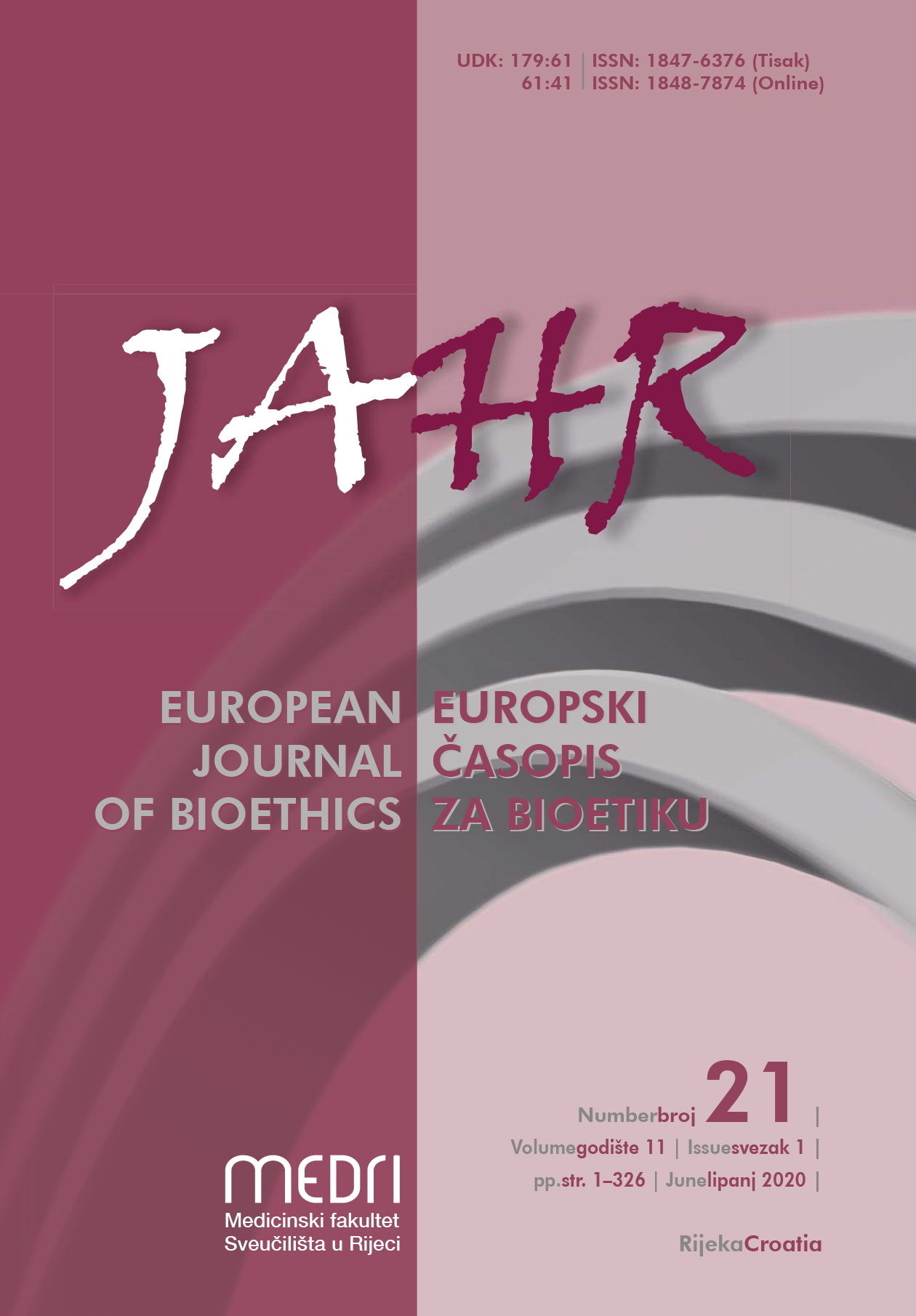The Urban Ethics of an AI-powered Planetary Urbanization
Keywords:
planetary urbanization, urban ethics, artificial intelligence, smart city, ethical algorithmsAbstract
https://doi.org/10.21860/j.11.1.11
By 2100, the world may be entirely urbanized with every person living in cities. This imminent reality of planetary urbanization is likely to entail drastic environmental, economic, and social changes, all of which in turn are likely to impact the nature of human relations and their interactions in cities. Urban ethics is, therefore, concerned with the question of what ought to be the proper relations between people flourishing in the city? This question is presently compounded by the rise of the ‘smarter smart cities’, where urban technologies are enabled by artificial intelligence (AI) that can sense, track, learn, predict, and attempt to control human behaviors. The rapid confluence of these three developments, namely, planetary urbanization, urban ethics, and the AI-powered smart city, reveals an under-explored scenario pregnant with new social promises yet laced with many moral hazards. In this article, the following scenario, which is bounded by the following three vectors, will be examined: (i) How does the urban shape the ethical, and in what ways? (ii) What is the AI-powered smart city, and how does it impact the present notion of planetary urbanization? (iii) How does the AI-powered smart city change ethical agencies and in which specific ways? Together, the answers to these questions begin to further prime discussions in urban bioethics in the milieu of AI-powered cities.
Downloads
Published
Issue
Section
License
Authors who publish with this journal agree to the following terms:
- Authors retain copyright and grant the journal right of first publication with the work simultaneously licensed under a Creative Commons Attribution License that allows others to share the work with an acknowledgement of the work's authorship and initial publication in this journal.
- Authors are able to enter into separate, additional contractual arrangements for the non-exclusive distribution of the journal's published version of the work (e.g., post it to an institutional repository or publish it in a book), with an acknowledgement of its initial publication in this journal.
- Authors are permitted and encouraged to post their work online (e.g., in institutional repositories or on their website) prior to and during the submission process, as it can lead to productive exchanges, as well as earlier and greater citation of published work (See The Effect of Open Access).



